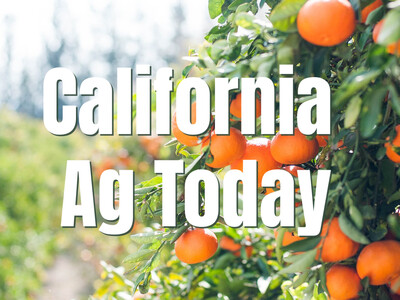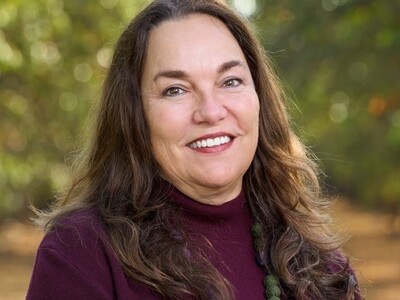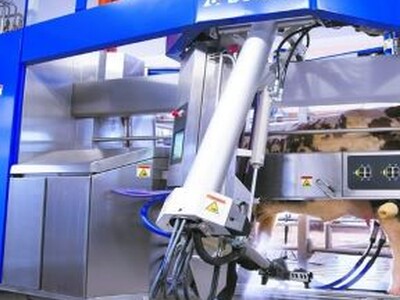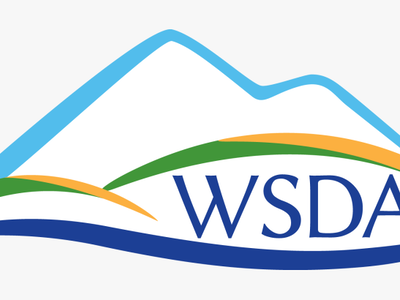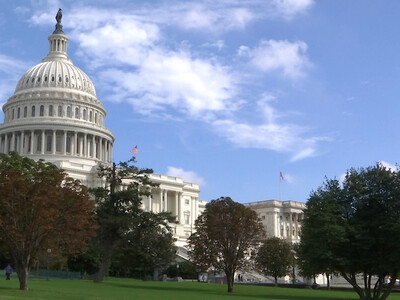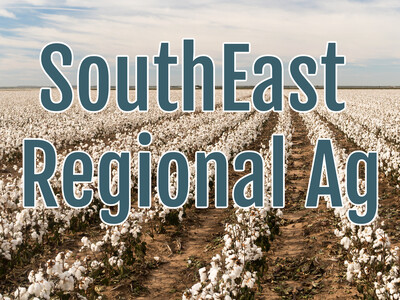Gun Measure Questions & Simplot Closure Delayed
Gun Measure Questions & Simplot Closure Delayed plus Food Forethought. I'm Greg Martin with today's Northwest Report.With the Marysville, Washington shooting last week, the I-594 gun measure on the ballot will be getting more scrutiny. Many industry leaders are saying that while they are not against background checks, the ballot measure is too restricting and needs more work. Tom Davis with Washington Farm Bureau recommends doing your homework.
DAVIS: For a farmer, if you look at section three of the initiative, it deal with the transfer of firearms and it's very restrictive in your ability to transfer a firearm to another party so as a farmer/rancher if you need to provide a weapon to one of your farmhands to help - especially if you are a livestock operator for predators: coyotes, cougars, wolves, bears you under this initiative if it passed would be committing an unlawful act by transferring a gun you own to a farm hand.
Simplot is delaying the closure of their Nampa, Idaho potato facility due to high product demand. A portion of the plant will remain open through the rest of the year. It had been slated to close at the end of this week. A new processing plant being built will replace three current plants but will only employ about 250 leaving some 800 jobless. That new plant will have the same out put as the other three plants combined.
Now with today's Food Forethought, here's Lacy Gray.
It is expected that by 2050 there will be more than 9 billion mouths to feed on the planet. At the recent Global Water for Food Conference in Seattle entitled "Harnessing the Data" the challenges for food production due to an ever increasing lack of water was discussed in length, and how Big Data can help meet that particular challenge. Hosted by the Robert B. Daugherty Water for Food Institute at the University of Nebraska and the Bill & Melinda Gates Foundation the conference was all about mobilizing Big Data to improve worldwide water and food security. Experts attending the conference discussed data tools for doing just that, including the Global Yield Gap and Water Productivity Atlas - a global collaboration in which researchers are gathering and analyzing satellite, atmospheric, soil and historic data to identify farmland where significant gaps exist between actual and potential yields for different crops; biotechnology and the data science that is driving advancements in that field; greenhouse farming, and water meters. All testimony to the fact that "Harnessing the Data" is certainly key to ensuring water and food security.
Thanks Lacy. That's today's Northwest Report. I'm Greg Martin on the Ag Information Network.






